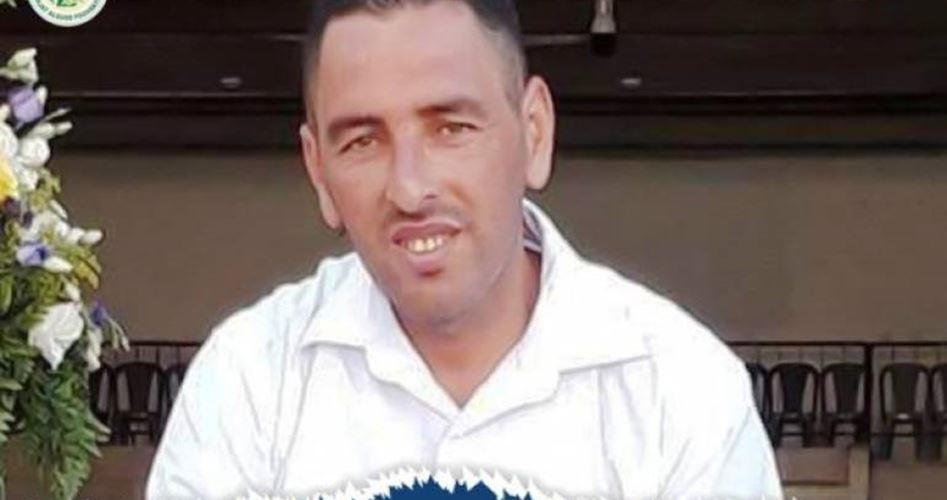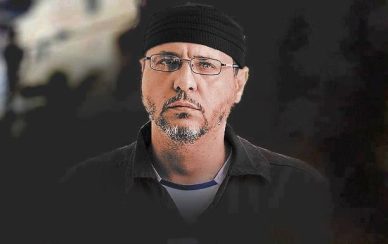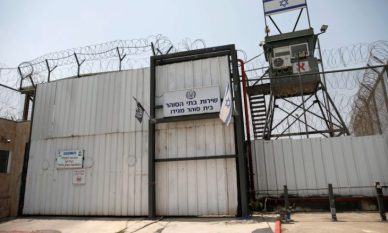The Prisoners and Ex-prisoners Affairs Authority has warned on Friday of the seriousness of the health condition of the sick prisoner Nidal Abu Aahour 45 from Bethlehem who is currently held in the Ramla prison clinic.
The Authority quoted its lawyer Fawaz Shaludi who visited the prisoner on Thursday as saying “Abu Aahour has been suffering from kidney failure for more than 10 years and from a cancerous tumor in the kidneys and breathing problems to which he receives oxygen over 24 hours in addition to high blood pressure.”
He added that Abu Aahour is subjected to deliberate medical negligence and his life is threatened by real danger. Furthermore there are fears that he may face a similar fate to the two martyrs Kamal Abu Waer and Sami Abu Dayak and other prisoners who were martyred after the systematic medical neglect against them.
The Israeli occupation forces re-arrested Aahour at the end of October and sentenced him to one year in prison. He was a former prisoner who spent 14 months in administrative detention and he is married and a father of seven children.
The Palestinian prisoners inside Israeli prisons experience exceptionally bad health conditions as they are subjected to brutal and systematic physical and psychological torture.
The denial of medical care the deliberate procrastination in providing treatment to the sick and injured prisoners the oppression humiliation and torture that the Israeli arresting and interrogation teams use are among the methods of physical and psychological torture that prisoners are subjected to.
The medical clinics in Israeli prisons and jails lack the minimum health services the necessary medical equipment and medicines and the specialist doctors to treat multiple disease cases. The only medicine available is “acamol” which is prescribed as a cure for every disease.
The Israeli prisons’ administrations continue to delay transferring incurable sick cases to hospitals. The worst thing is that the sick and injured prisoners are being transferred in an unsanitary closed car instead of transporting them by ambulances. Furthermore their hands and feet are often tied in addition to the brutal and cruel treatment they are subjected to during the transfer process.














